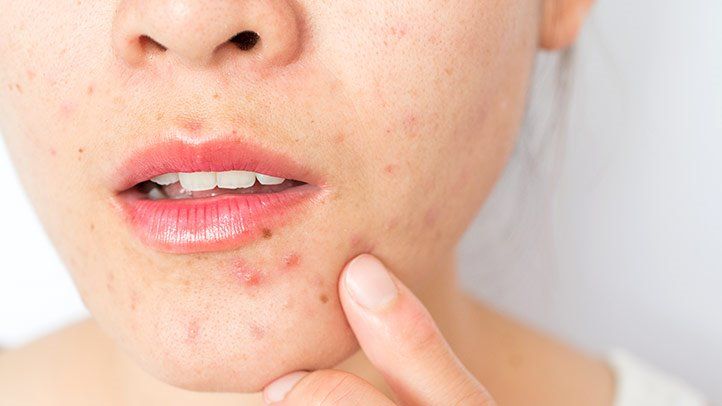Not everyone has smooth skin. Some people are forced to deal with skin blemishes like acne even after they are past their teenage years. Acne can be frustrating and more embarrassing when you get it in adulthood. When seeking acne treatment, it is crucial to understand its causes. This way, you can treat it from the root cause. The following are the most common causes of acne in adults.
- Hormonal Imbalance
One of the main reasons why you may have acne as an adult is hormonal imbalance. For females, estrogen and progesterone are the main hormones related to acne development. Acne is also associated with hormonal fluctuation during menopause and pregnancy. Other circumstances may cause hormone fluctuation. Such include changing a birth control pill, using IUD, and stopping birth control. Such situations can cause acne development or worsen. Therefore, if you are a female and have an acne problem, check if you have a hormonal imbalance problem.
- Medical Condition
You could also have an underlying medical condition that is causing acne. A situation like polycystic ovarian syndrome in women can accelerate the development of acne. Medical conditions, especially chronic ones, make it hard to treat or control acne. Therefore, you need to be examined to identify the medical condition causing the acne. Knowing the underlying issue will be easy to treat, or find the best way to prevent it from affecting your skin.
- Skin Care and Hair Products
The skincare and hair products you use may be another reason you have an acne problem as an adult. Skincare products are made from different ingredients, some safe and others harmful. When buying your products, check the label to ensure they are oil-free, non-acnegenic, or non-comedogenic. Such products will not block the pores, which stimulates bacteria buildup. After using your products, ensure you thoroughly wash your face before bedtime to allow your skin to breathe.
- Genes
You can blame the genes if you have acne that will not go away quickly. Doctors have realized that some of the patients suffering from acne have a family history of people who have had acne issues. That means it is possible to inherit this problem from your parents. However, that does not imply genetically-acquired acne is not treatable.
- Medication
Some medicines could also contain elements that cause acne or make it worse. Your dermatologist may ask to see the type of medication you are using to determine if they are the cause of acne. Some of the drugs used for birth control, testosterone or steroid inhalers might contain elements that could cause acne development.
- Stress
According to research, there is a strong link between acne and stress. When stressed, the androgens level increases, causing acne development. This happens due to the stimulation of hair follicles and oil glands to cause acne.
Treating Acne
There are different treatment options for acne. However, knowing the cause is the beginning of eliminating acne. It is advisable to seek medical care since acne is a medical condition. Get help from a qualified and certified dermatologist.

